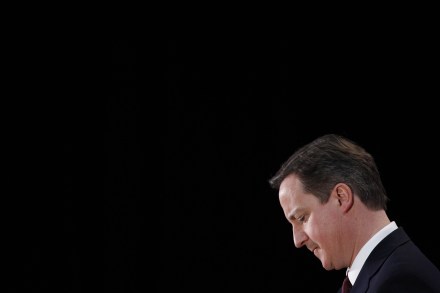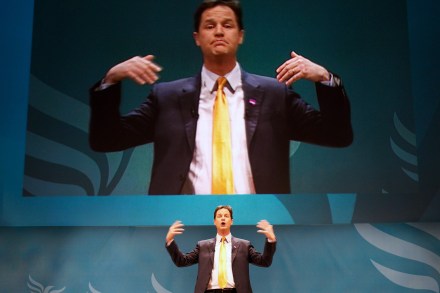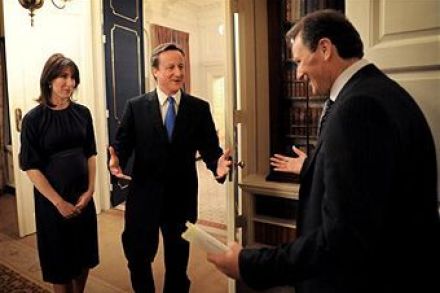Why we should be concerned about debt interest
There’s an interesting post by Éoin Clarke on debt interest doing the rounds. It originally appeared on his blog, but was soon commandeered by LabourList — and little wonder why. Dr Clarke’s point is a perceptive and striking one. Debt interest, he says, is lower now than it was under John Major. The implication is that when George Osborne rattles on about the money blown on just “servicing our debt,” we should take it with an almighty heap of salt. It’s not, perhaps, as bad as all that. Or, rather, that’s one way of looking at it. There are other ways, which I would list thus: 1) Going beyond















